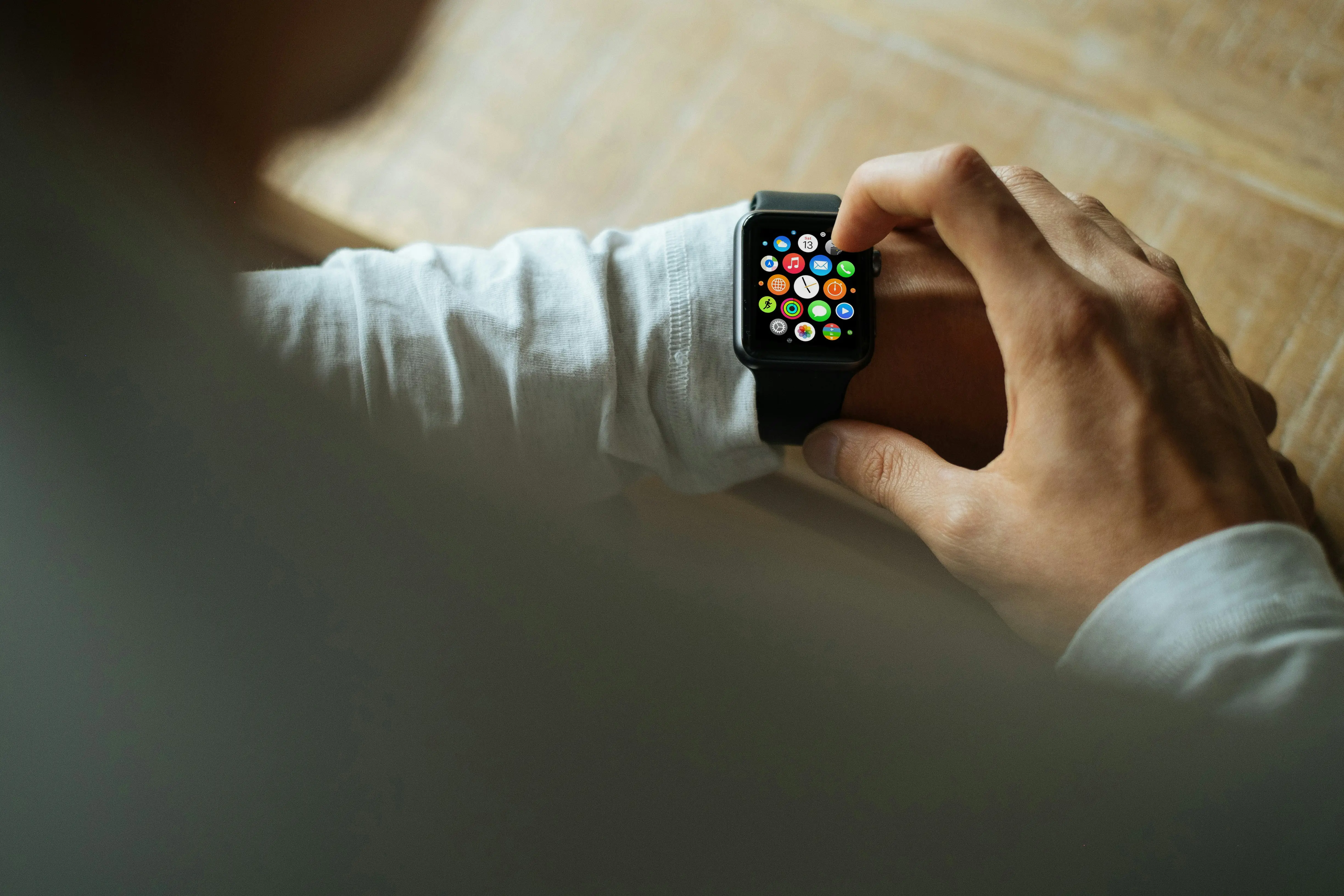Fitbits Could Help Spot Post-Surgery Complications in Kids Before They Turn Serious

A new study suggests that consumer-grade wearables like Fitbits could play a surprising role in pediatric medicine, by helping predict which children are at risk of developing post-surgery complications.
Researchers at Northwestern University have conducted the first study to use commercial fitness trackers to monitor recovery in children after surgery. The findings show that these devices can detect subtle changes in activity levels, heart rate, and sleep patterns that often precede more serious issues like infection or extended hospital stays.
The study involved 105 children aged 3 to 17 who wore Fitbits before and after surgery. Those who developed complications, such as wound infections or gastrointestinal problems, showed clear deviations in their wearable data, often days before clinical symptoms emerged.
“Kids don’t always express how they’re feeling clearly, especially after surgery,” said Dr. Daniela Ladner, senior author of the study. “These devices gave us a real-time window into their recovery that we wouldn’t otherwise have.”
By using objective data from wearables, clinicians may be able to catch problems earlier and intervene sooner, potentially avoiding readmissions or worsening health.
What’s especially notable is that this approach doesn’t rely on hospital-grade equipment. The Fitbits used in the study are the same models available to consumers, making the idea both scalable and affordable.
Researchers envision a future in which wearable data is integrated into standard post-op care, allowing parents and doctors to remotely track a child’s recovery at home. Deviations from baseline could trigger alerts or follow-up calls from care teams.
While more research is needed before widespread use, this early work suggests a future where wearable tech isn’t just fitness-focused, but life-saving, too.
In the delicate window after surgery, a child's watch might be doing far more than counting steps.